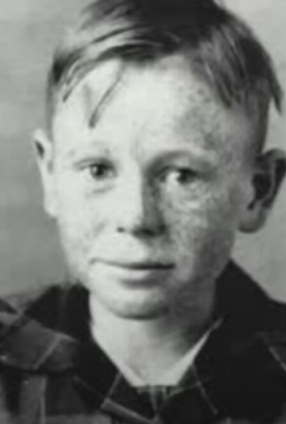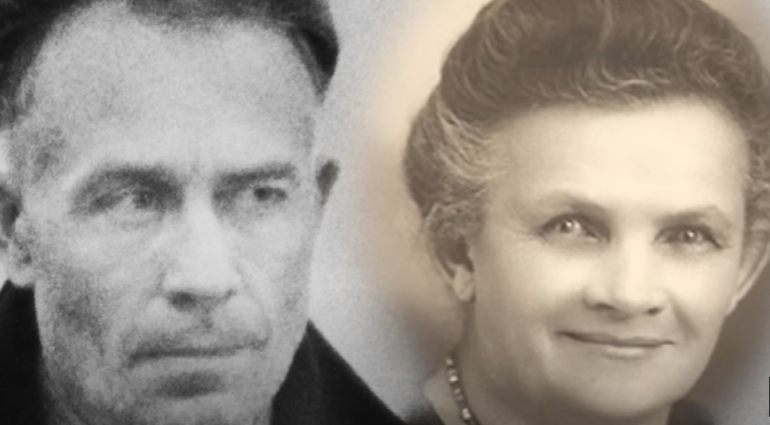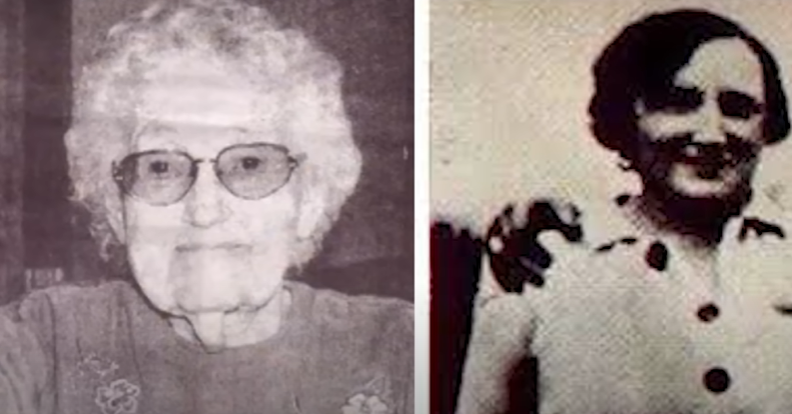
1906 - 1984
Ed Gein
Summary
Name:
Nickname:
Eddie / The Mad Butcher / The Plainfield Ghoul / The Plainfield ButcherYears Active:
1947 - 1957Birth:
August 27, 1906Status:
DeceasedClass:
Serial KillerVictims:
2+Method:
ShootingDeath:
July 26, 1984Nationality:
USA
1906 - 1984
Ed Gein
Summary: Serial Killer
Name:
Ed GeinNickname:
Eddie / The Mad Butcher / The Plainfield Ghoul / The Plainfield ButcherStatus:
DeceasedVictims:
2+Method:
ShootingNationality:
USABirth:
August 27, 1906Death:
July 26, 1984Years Active:
1947 - 1957Date Convicted:
November 14, 1968bio
Ed Gein was born on August 27, 1906, in La Crosse, Wisconsin. He was the second of two boys. His early life was far from normal, influenced heavily by his mother, Augusta, who was extremely religious and strict. She preached about the immorality of the world and the evil of women, shaping Ed's views significantly.
The Gein family moved to a farm in Plainfield, Wisconsin, to isolate from others, which only deepened Ed's attachment to his mother. His father, George, was an alcoholic and didn't have much influence on him. Ed and his brother Henry grew up with limited social interactions, mainly confined to their farmwork and rare school attendance.

Tragedy struck when Ed's father died in 1940 due to heart failure. Ed and Henry began working odd jobs to cover living expenses. Four years later, Henry died in a mysterious fire. Though it was initially thought to be an accident, suspicions arose due to the circumstances surrounding his death.
With Henry and his father gone, Ed was left alone with his beloved mother. However, Augusta had a stroke shortly after Henry's death, and Ed devoted himself to taking care of her. She suffered another stroke not long after and died in 1945. Her death devastated Ed; he remained attached to her memory.

After his mother's death, Ed lived alone on the family farm. He rarely left the farm and spent his time reading about anatomy and various other subjects that interested him. He also read pulp fiction and adventure stories, which filled his isolated days.
Ed held various jobs during his life, mostly as a handyman and occasionally babysitting for neighbors. Despite his odd behaviors, locals in Plainfield considered him somewhat reliable and mostly harmless. His quiet life masked the turmoil inside him.
Ed's home was a reflection of his mental state—neglected, cluttered, and filled with stacks of magazines and books. Over time, Ed's behavior became increasingly strange, leading to the shocking discoveries later made by the police in his home.
murder story
Ed Gein's story begins in Plainfield, Wisconsin, where he lived a quiet life until the community was shocked by a series of disturbing discoveries in 1957. Gein was arrested after the local hardware store owner, Bernice Worden, disappeared. The investigation led authorities to Gein's farm, where they found Bernice's body in his shed.
During the search of Gein's property, authorities uncovered a horrifying scene. They found items crafted from human bones and skin, revealing Gein's macabre activities. Gein confessed to the gruesome acts, admitting he had exhumed bodies from local graveyards and used their parts to make various objects.
Gein was officially charged with one count of murder, but he confessed to killing another local woman, Mary Hogan, who had been missing since 1954. Evidence suggested he may have been involved in other disappearances, but he was only tried for the two murders he confessed to.

His trial was delayed due to concerns about his mental health. In 1957, Gein was diagnosed with schizophrenia and found unfit to stand trial. He was sent to a mental health facility where he spent several years under observation.
In 1968, after a decade in the mental institution, Gein was finally deemed fit to face trial. The court proceedings were swift, and he was found guilty of one murder. However, due to his mental state at the time of the crime, he was found not responsible by reason of insanity and returned to the mental institution.
The fate of Gein's property became a topic of local controversy. His farm and belongings were scheduled to be auctioned off. Curious and morbidly fascinated people came from far and wide for the auction. However, before the auction could take place, Gein's house mysteriously burned down in a fire. The cause was never officially determined, and the remaining items were destroyed, removing any physical traces of Gein's grim past.
Gein spent the rest of his life in the mental health facility. Over the years, he became something of a quiet, subdued figure, very different from the person at the center of those gruesome crimes. Gein lived out his days quietly in the mental institution. He died in 1984 from respiratory failure at the age of 77.
Following his death, Gein was buried in Plainfield Cemetery. Over time, his grave was repeatedly vandalized, which led to the removal of any grave markers.